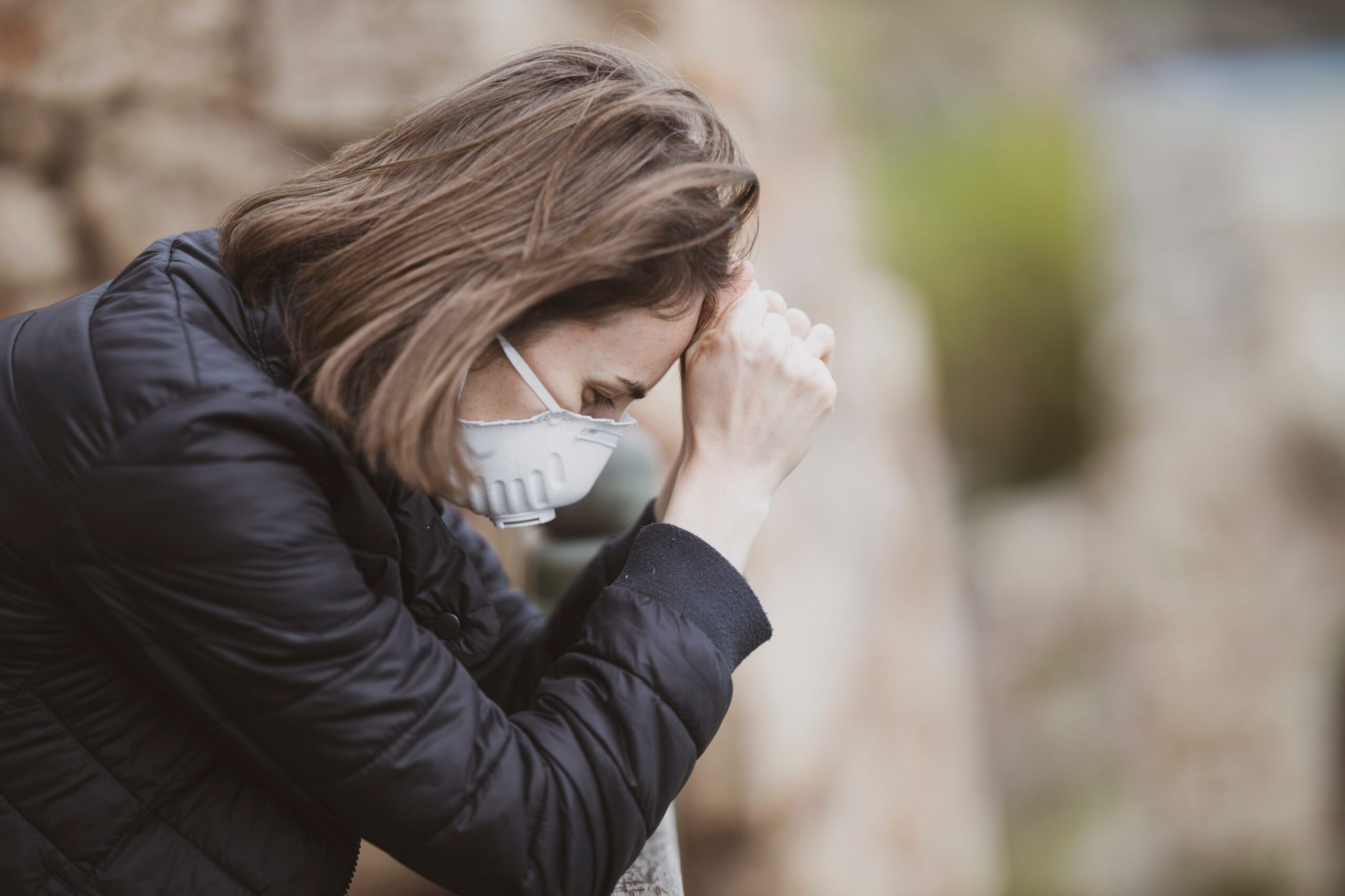I work as a healthcare chaplain in Missouri and am good friends with a nurse I’ll call Bobbie who works at a neighbouring hospital. Four months ago, we talked and she was angry—due to shortages, her hospital had restricted the use of personal protective equipment (PPE) like masks and face shields. She said most of the staff on her floor were terrified that they would become infected by their COVID-19 patients and were angry that the hospital seemed more interested in saving money than it did in protecting them. It’s been four months and the number of COVID-19 cases has diminished and PPE supplies are up, but Bobbie did not seem relieved when I saw her a few weeks ago. She said she felt tired and dispirited, nothing like the hero everyone said she was. “I don’t think I can do this anymore,” she said.
She and many of her colleagues who struggle with situations like these are at risk of experiencing moral distress, a state of turmoil that occurs when a professional’s sense of ethics and safety conflicts with their institution’s needs. Moral distress can result in persistent anxiety, depression, a sense of powerlessness and exhaustion. As conditions persist, it can become moral residue and can lead to burnout.
Bobbie is active in her church and I asked if she found support there. She said she felt worse when she attended—people called her a hero and didn’t seem to want to hear about the constant anxiety, depression and feelings of disloyalty. She started avoiding services altogether, saying it was just easier to stay at home.
More on Broadview: ‘Look for the helpers’ in this pandemic — then keep looking
Bobbie’s story is not unique—many healthcare professionals resist the label of hero because it ignores the darker reality that many nurses, physicians, nursing assistants, emergency personnel and administrators face. Persistent challenges to their sense of personal ethics have left many feeling spiritually drained and empty. They turn to hospital chaplains like me for comfort, but we recognize that chaplains can only offer temporary relief. The real refuges of healing are in congregations and so it begs the question: how can churches become places of healing for the healers?
Bobbie tells me that hero language makes her very uncomfortable and so churches might consider focusing on the metaphor of the hero’s journey instead, in which the hero sets out on a perilous journey and eventually returns to his or her home community to share the lessons learned through those trials. Churches can make space for healthcare professionals’ difficult stories and carefully attend to their depth and wisdom. I’ve heard many of them in my work as a chaplain and as a supply pastor—they are heartbreaking and inspiring stories of people who care deeply despite the difficulties they face.
Churches might also consider incorporating professionals’ stories into liturgies of lament or that recognize those who have been impacted by COVID-19: victims, their families, their communities and the healthcare professionals who cared for them. Lament is much more than grief work—expressing powerlessness, anger and sadness to God in the community setting reminds us that God sides with the powerless, hears the angry and comforts the sad.
Finally, when healthcare professionals risk sharing the burden of moral distress in their congregations, they create an opportunity for other members to share their own moral distress, like adults who have to make difficult decisions about their aging parents and employers who have to make heart-wrenching choices about cutting staff in a time of economic uncertainty. Risk invites risk.
I’ve shared all this with Bobbie, who said she’d think about returning to her congregation. I really hope she does, both for her sake and for the sake of the church.
I hope you found this Broadview article engaging. The magazine and its forerunners have been publishing continuously since 1829. We face a crisis today like no other in our 191-year history and we need your help. Would you consider a one-time gift to see us through this emergency?
We’re working hard to keep producing the print and digital versions of Broadview. We’ve adjusted our editorial plans to focus on coverage of the social, ethical and spiritual elements of the pandemic. But we can only deliver Broadview’s award-winning journalism if we can pay our bills. A single tax-receiptable gift right now is literally a lifeline.
Things will get better — we’ve overcome adversity before. But until then, we really need your help. No matter how large or small, I’m extremely grateful for your support.
Jocelyn Bell
Editor/Publisher
















Thanks for this awareness of the need to support people in medical fields. I have wondered about the trauma that they experienced and how they can be helped to deal with it. There will be a great need. This is a task the church congregation and ministers need to look at seriously as an important ministry. I as a minister would take this seriously and try to respond to such a need in my congregation